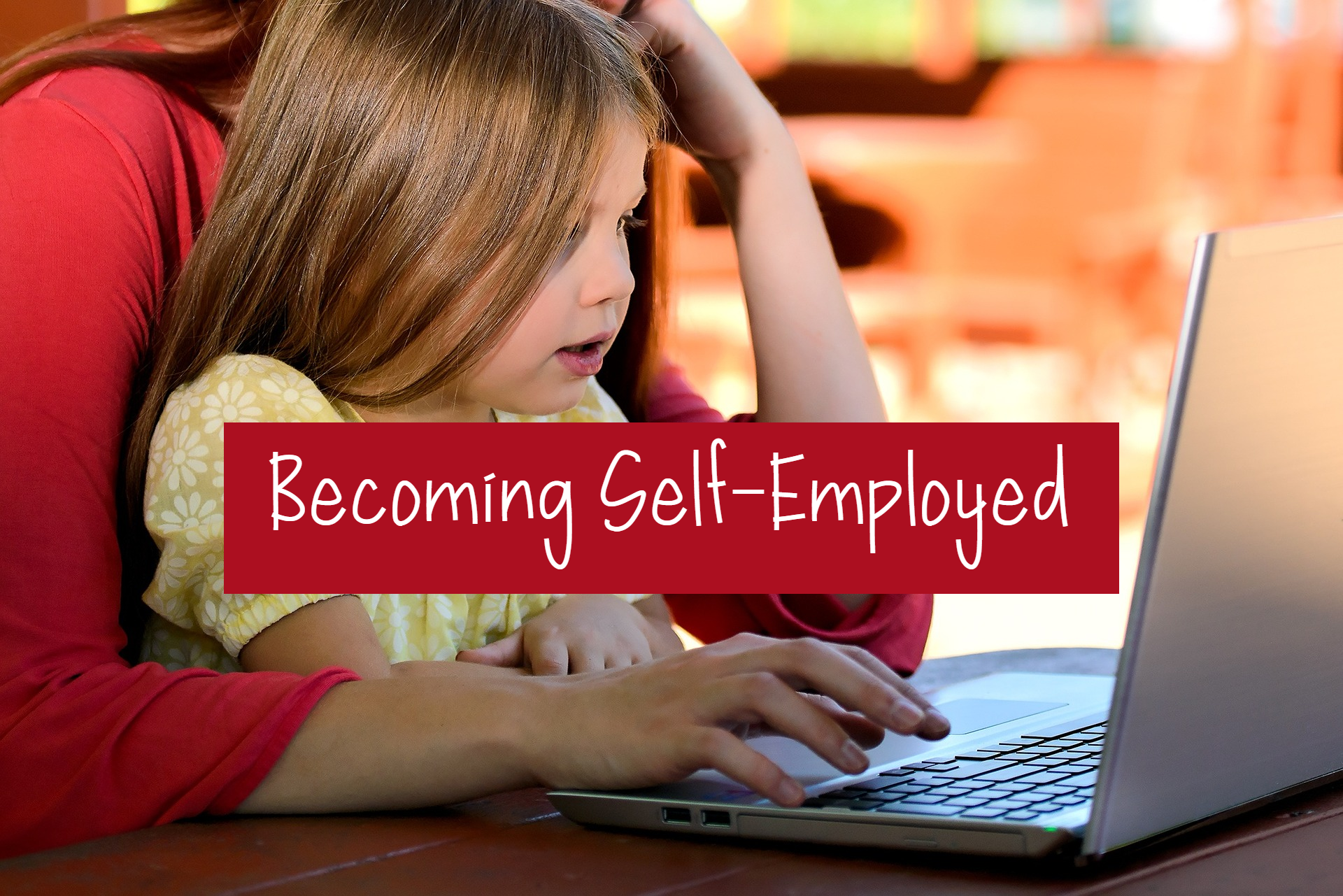
Becoming Self-Employed .. by choice or by feeling you really have no other option
Close to a quarter of a million self-employed parents admit they started their own business after feeling ‘pushed out’ of their old role after having children – with this issue affecting more women than men. Contributor Max Jennings, Co-founder – Hoop
That’s according to a new report by family activity app Hoop, which lifts the lid on the UK parent workforce and the reasons why an increasing number of skilled entrepreneurial mums and dads are choosing to ‘go it alone’. It found that of the 2,000 parents polled 39 percent said they are planning to start their own business in 2019.
Within this group, a quarter of working mums and dads (24 percent) cite the inflexibility of a previous workplace as a key driving factor. This encompasses a lack of understanding about time restrictions put on parents, team changes made whilst they were on leave, not feeling like they had a job to return to and feeling directly ‘pushed out’ of their prior role.
The Impact
The impact is felt most by mums. 20 percent of mums (twice the number of dads) felt that nursery hours and school drop off times didn’t work with their office hours and commute. On top of this 1 in 5 mums (vs 1 in 10 dads) just didn’t feel that their job was suitable to looking after the kids in the school holidays.
Max Jennings, co-founder at Hoop added: “The tide is turning for a lot of parents who are fed up of the inflexible workplace, and as a result are more empowered than ever before to shape their careers around family life. We’re seeing it on Hoop – a recent survey of the kids activity organisers found that 80 percent are parents, and it’s a growing industry, the number of activities across the UK for kids is growing every day.
Childcare, nursery and school opening hours, office hours, and the school holidays are challenging for working parents and so they are responding by taking control. A combination of making an existing passion a reality and the advancements of technology are giving new parents the opportunity to shape work around their lives. This is hugely positive, but clearly there’s an issue around inflexibility in the workplace that also needs to be addressed to stop talent being pushed away.”
But it’s not all plain sailing. Starting a business comes with its own unique set of frustrations and challenges. This includes, fluctuating finances (23 percent), people not taking parent entrepreneurs seriously (19 percent) and the lack of a ready-made support network (16 percent). One in eight (13 percent) also admit to feeling lonely.
Ultimately though, the benefits outweigh the frustrations. Half of self-employed parents (49 percent) report feeling happier and a third more empowered (33 percent). A quarter (24 percent) of this growing cohort say they started up after feeling the urge to transform a passion project into a business, and the same amount (24 percent) wanted to use their existing skills in a different way.
Jennifer Mushumani is a great example of one such parent entrepreneur. A former actress, Jennifer became a franchisee of Debutots – a class on Hoop that’s focused on learning through interactive storytelling and dramatic play – after having her two children.
Jennifer Mushumani said: “This job was the perfect choice for me, as it combined my expertise in drama, a love of working with children, plus also my administration and organisational skills. I’d often thought about running my own business, and I’m so glad that I had the courage to take the plunge. I also love the flexibility. I now have more control over my working hours and can be there for my children whilst they are growing up without giving up on my own passions and dreams.”
Max Jennings, Co Founder at Hoop added, “We have designed our service to make it as easy as possible for activity organisers to use our platform to reach thousands of new families. We want to help businesses to launch, grow and to thrive. Similarly, we want to make sure that parents across the UK can easily find everything happening locally for the age of their children, to make it that little bit easier to try new things and make more memories together as a family.”
Content from thehrdirector.com